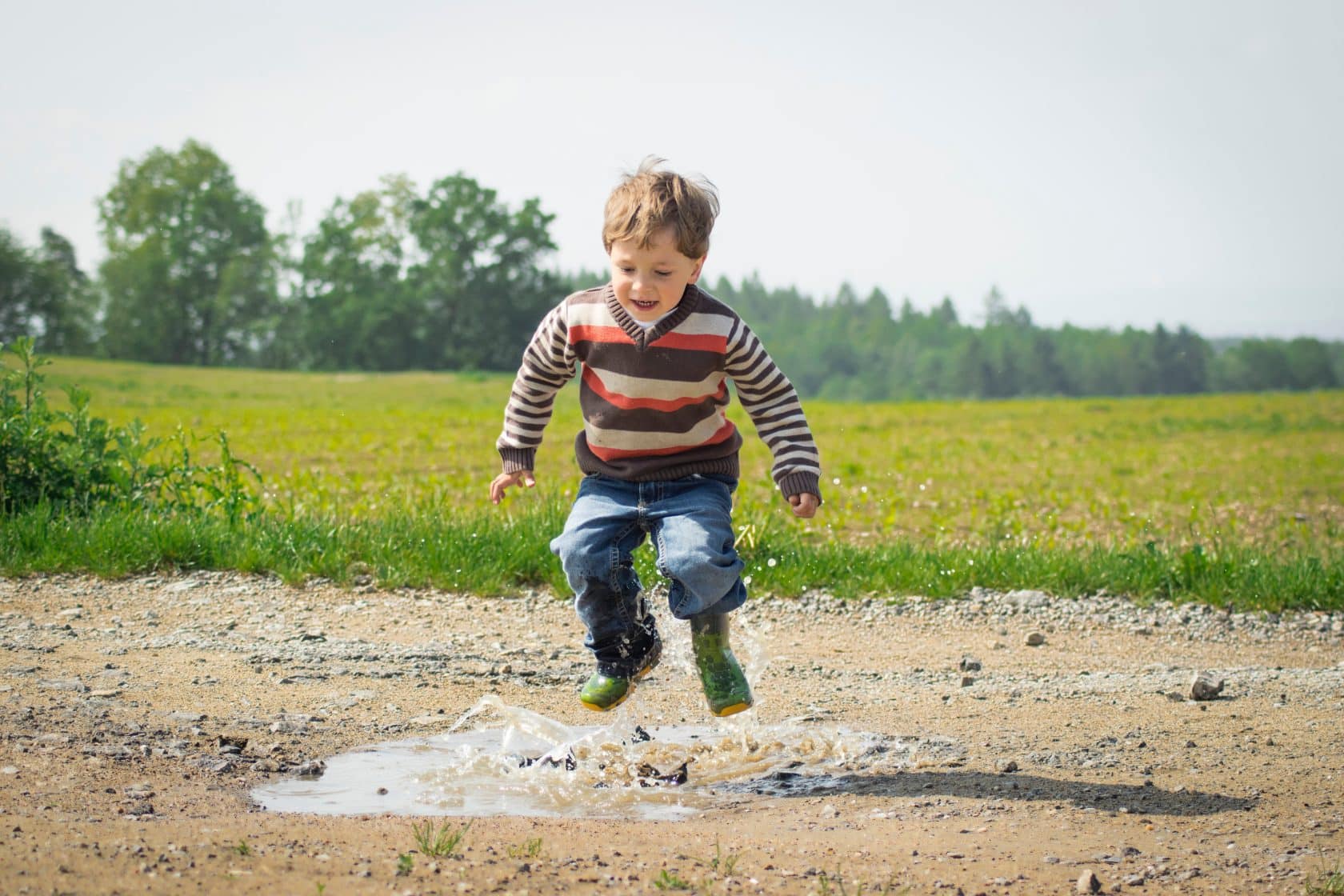Put simply, Rejection Sensitive Dysphoria (RSD) isn’t a medical term you’ll find in a health book. It’s a phrase used to describe when a child feels extreme distress over perceived or real rejection. Kids with RSD may burst into tears unexpectedly, always try to please others, doubt themselves a lot, and often feel sad or anxious. They may talk negatively about themselves and be extra sensitive about what others think of them. Some might even feel unwell physically.














